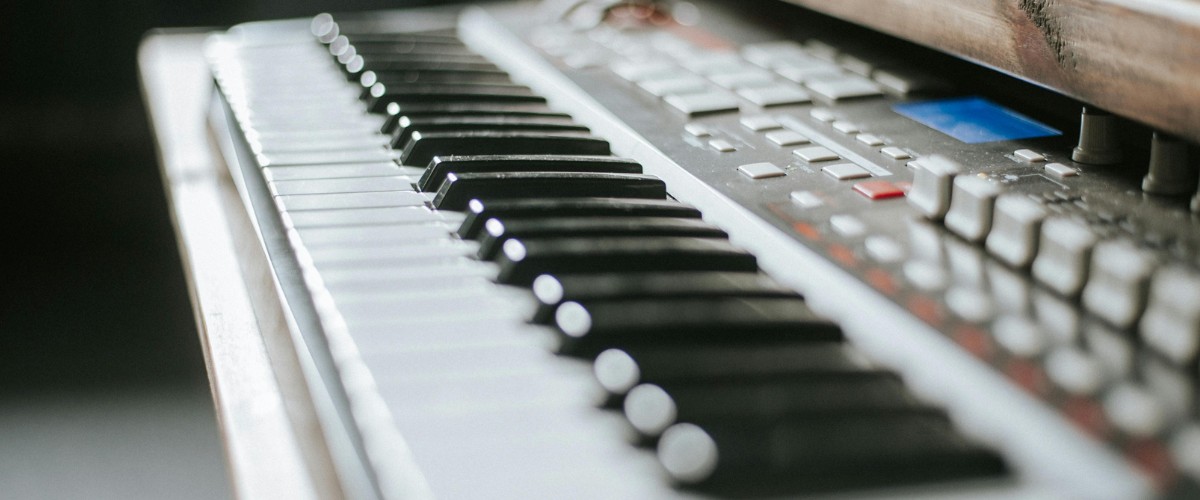What happens when algorithms learn to groove?
We’re living in an era where AI isn’t just organizing our schedules or filtering our photos — it’s beginning to hum, strum, and even compose the songs we sing. And that’s both thrilling and a little surreal.
Music has always been deeply human. From tribal rhythms to symphonic masterpieces, composing has long been a sacred space for emotion, intuition, and lived experience. But today, we’ve entered a new era—one where music meets machine, and AI steps into the studio not just as a tool, but as a collaborator
The New Collaborator in the Studio
Imagine telling an AI to write a song in the style of Bach — but with a modern pop twist. In seconds, it offers you melodies that feel strangely familiar and eerily innovative. AI platforms like AIVA, Amper Music, and Google’s MusicLM are doing just that. They analyze patterns in thousands of compositions and generate entirely new pieces — sometimes from a simple prompt like “a sad piano piece for a rainy afternoon.”
Composers now have a digital muse — one that never sleeps, forgets a melody, or runs out of ideas.
Emotion, Algorithms & the Art of Suggestion
Can a machine feel the music? Of course not. But it can learn what we feel. When music meets machine, AI can map the emotional arc of a symphony or the catchy contours of a chart-topping hook. It studies patterns of chord progressions, tempo changes, and timbre — then predicts what might move us.
And here’s the twist: AI doesn’t create from the heart, but it learns from millions of hearts. It studies what we love and mirrors it back, often in ways we never expected.
For Artists: Threat or Empowerment?
Some fear AI will replace composers, turning creativity into code. But when music meets machine, AI is more likely to amplify creativity than erase it. Think of it like a collaborator who offers endless ideas — leaving the artist to curate, refine, and infuse soul.
Musicians like Taryn Southern and Holly Herndon have embraced AI as co-creators. The results? Tracks that are as much about sound as they are about the strange, beautiful intersection between human and machine.
The Future of Composition Is Hybrid
We’re heading toward a musical renaissance powered by both heart and hardware. Composers may soon co-write with AI the way they now work with other musicians—exchanging files, blending inputs, and shaping songs in real time with smart systems.
It’s not about replacing the songwriter. It’s about redefining what songwriting can be.
Final Note
Music will always need something AI can’t code: humanity. But as machines learn to understand harmony, emotion, and style, they become mirrors of our creativity — not rivals.
So the next time you hum a tune or draft a melody, imagine what’s possible when the machine hums back.
When music meets a machine, the future doesn’t sound robotic — it just sounds new.
Also read: The Best Soundbars to Boost Your TV Audio
Tags:
Artificial Intelligence (AI)Digital TransformationTech IndustryAuthor - Ishani Mohanty
She is a certified research scholar with a Master's Degree in English Literature and Foreign Languages, specialized in American Literature; well trained with strong research skills, having a perfect grip on writing Anaphoras on social media. She is a strong, self dependent, and highly ambitious individual. She is eager to apply her skills and creativity for an engaging content.



